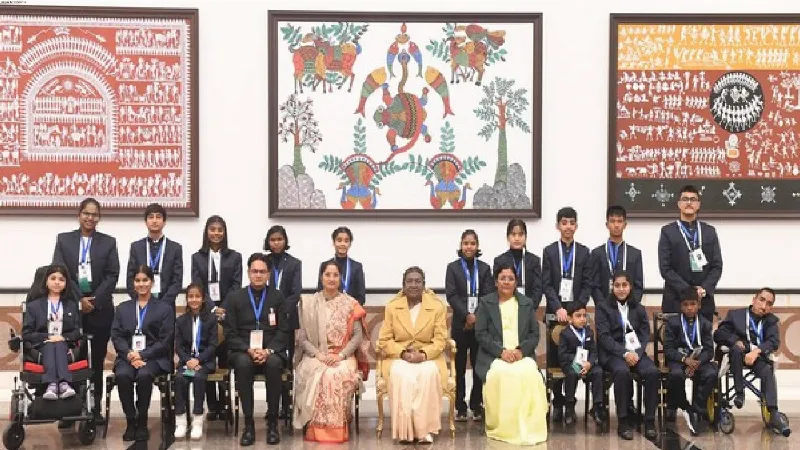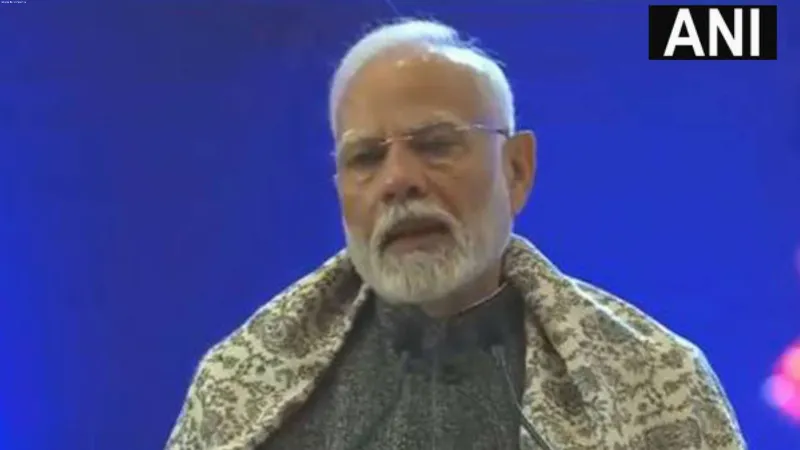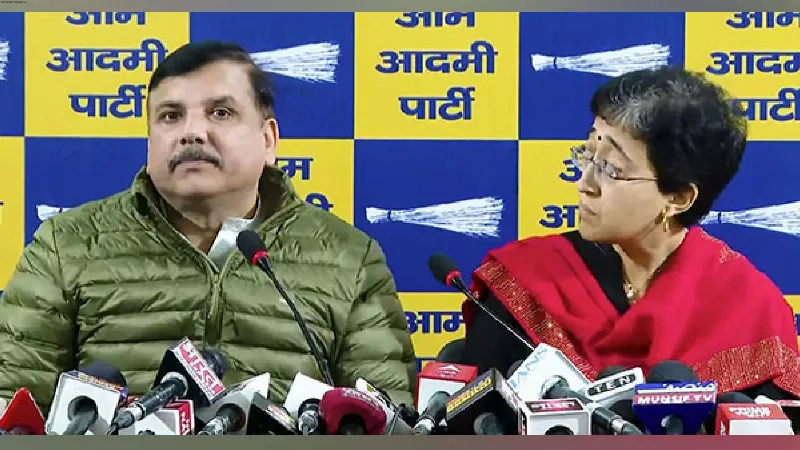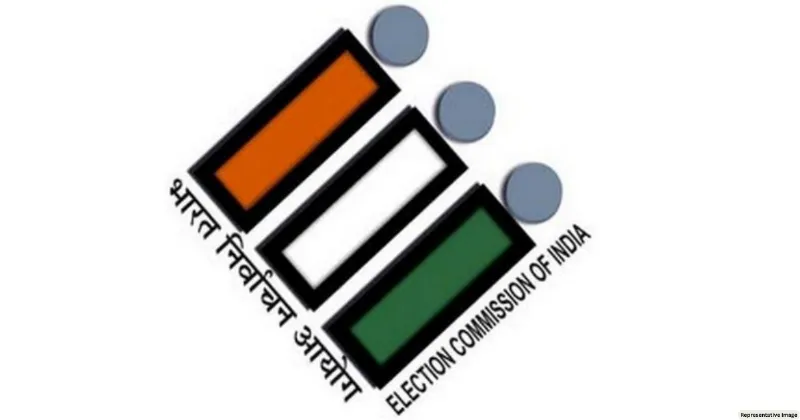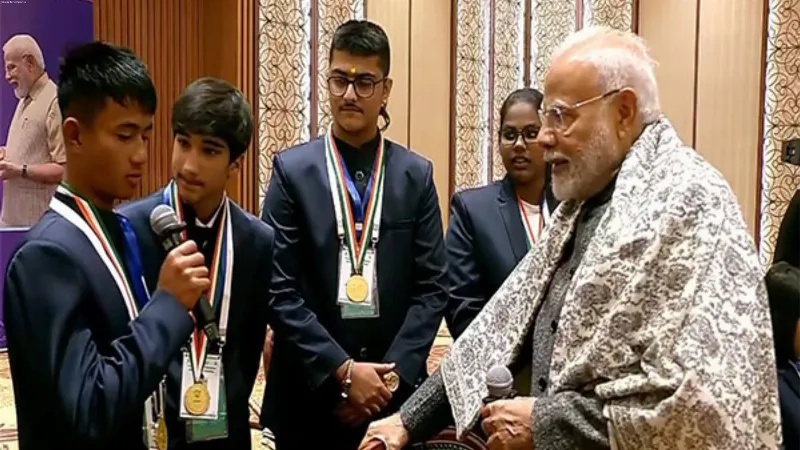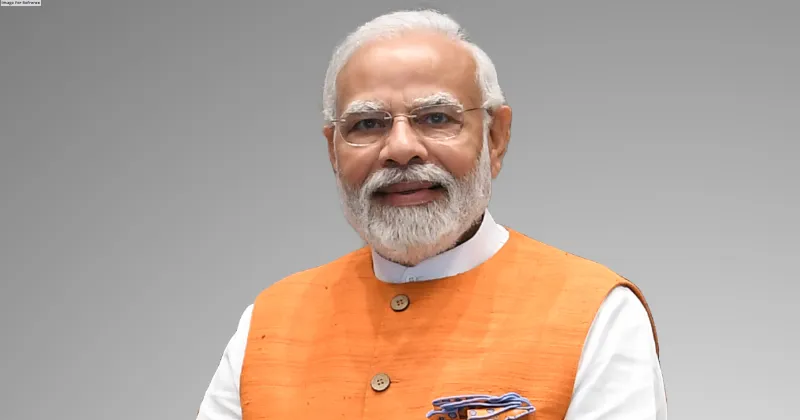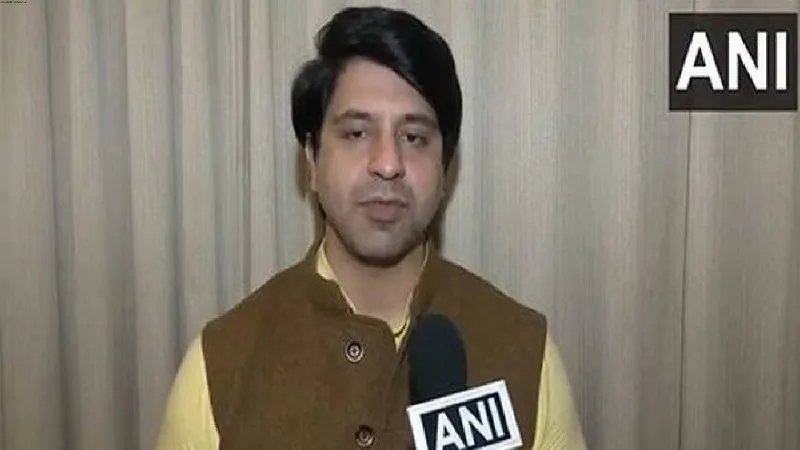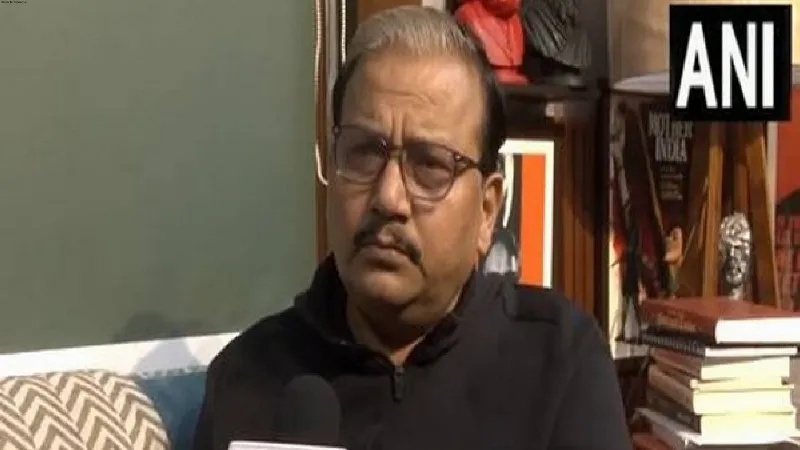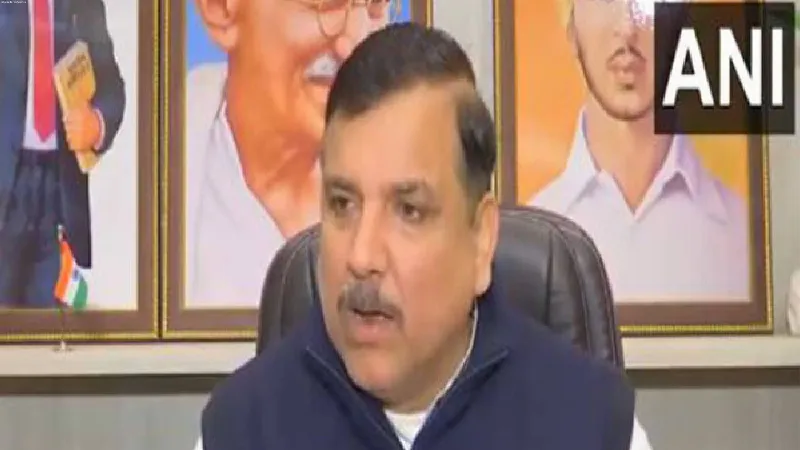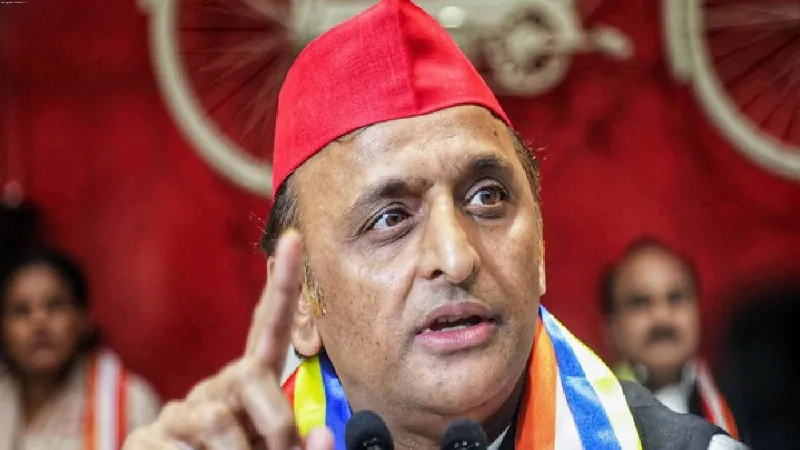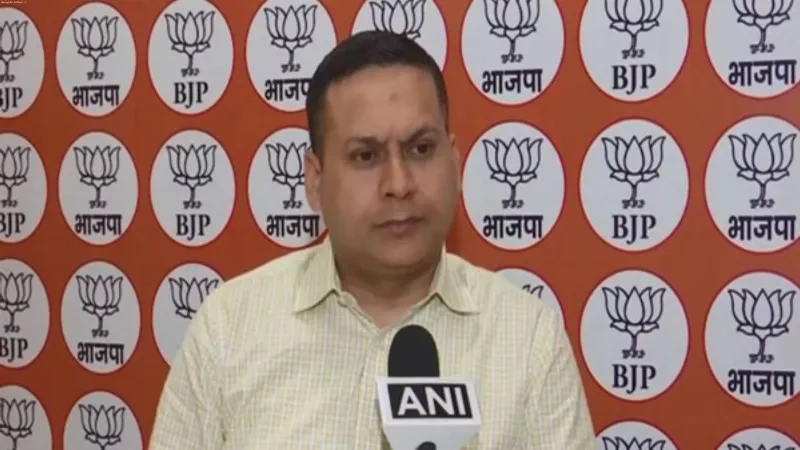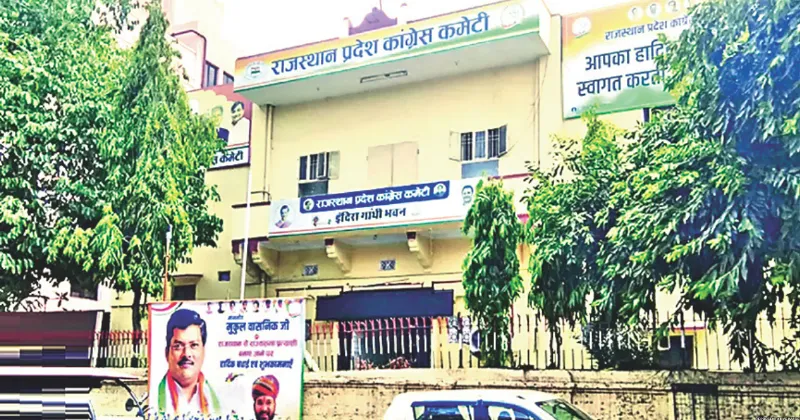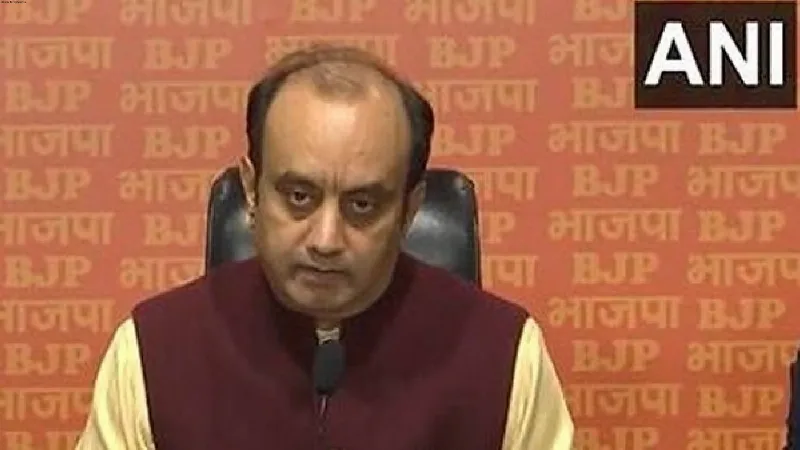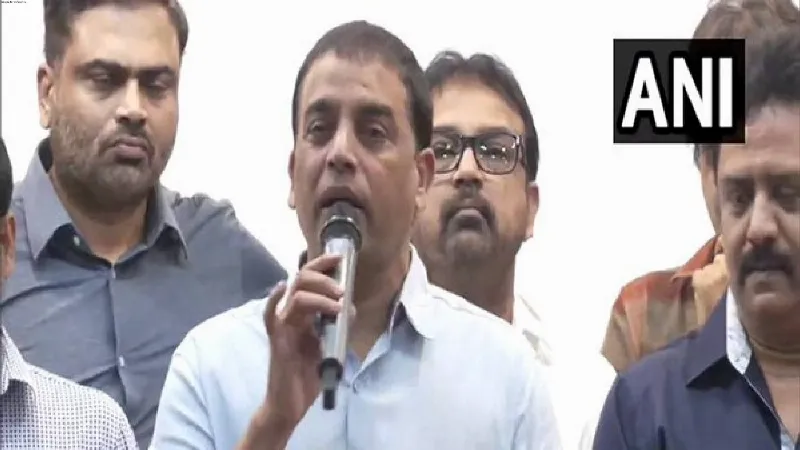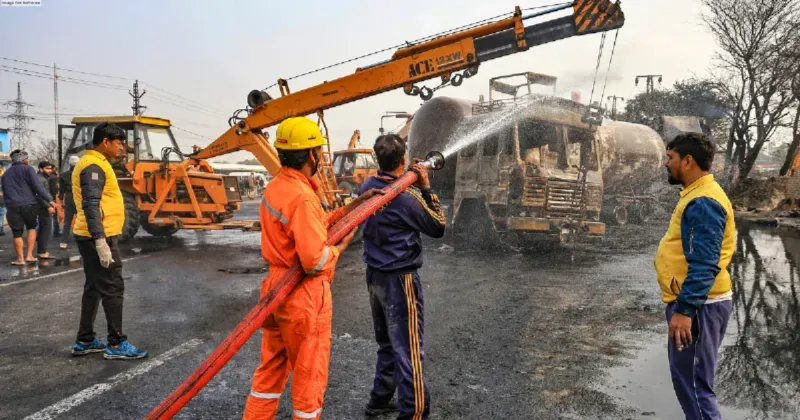Latest News
Delhi HC Directs Chief Secy, GNCTD to Enable Online Registration of Muslim Marriages
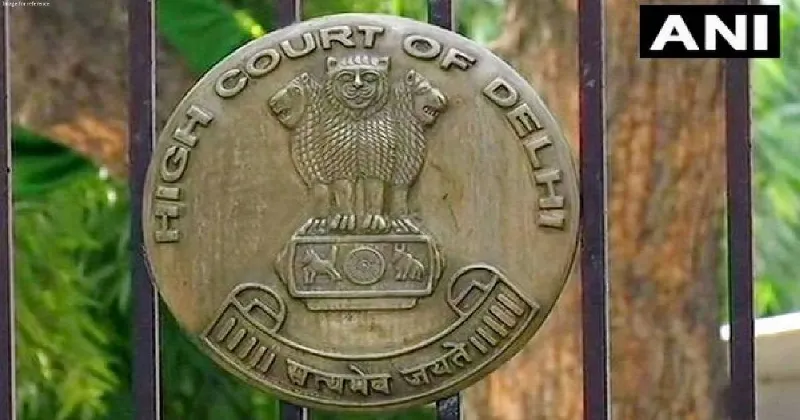
New Delhi: The Delhi High Court has directed the Government of National Capital Territory of Delhi (GNCTD) to enable the online registration of Muslim marriages on its official portal within a specified time frame.
In its order, the bench of Justice Sanjeev Narula also instructed the Chief Secretary of GNCTD to personally oversee the implementation of directive and ensure timely compliance.
The Court was hearing a petition filed by a couple who married under Islamic Sharia law on October 11, 2023. The couple, intending to travel abroad, sought to register their marriage as required by certain countries for visa issuance. However, due to the absence of an effective online registration mechanism for marriages solemnized under Muslim Personal Laws, the petitioners were forced to register their marriage under the Special Marriage Act, 1954. The court has now ordered the GNCTD to create the online registration system within a specified timeframe
Appeared for the petitioner couple, Advocate M. Sufian Siddiqui submitted that "The Petitioners were subjected to an exclusionary marriage registration system mandated by the GNCTD, which allowed only two options--registration under the Hindu Marriage Act, 1955, or the Special Marriage Act, 1954--on its online portal. The absence of an offline alternative or a suitable online option under the Delhi (Compulsory Registration of Marriage) Order, 2014 effectively coerced the Petitioners into a statutory regime antithetical to their faith and intent thereby causing grave infraction of their constitutional rights under Articles 14, 21, and 25."
Court noted that the petitioners were married in accordance with Islamic Sharia law. They later executed a Mubarat Nama on July 9, 2024, a form of divorce by mutual consent recognized under Islamic law. The present petition is supported by affidavits from both petitioners, with their signatures verified by their counsel.
The petitioners' counsel pointed out that, in light of these circumstances, the Special Marriage Act, 1954, should not apply, and that the petitioners, due to the absence of an effective online mechanism for registering marriages solemnized under Muslim Personal Laws (as mandated by the Delhi (Compulsory Registration of Marriage) Order, 2014), mistakenly registered their marriage under the Special Marriage Act, further noted the court.
While passed the order on November 6, 2024 the Court has annulled the registration certificate issued by the Revenue Department, GNCTD, and directed that appropriate changes be made to their records by Concern SDM.
Regarding the implementation of the Court's judgment dated 4th July, 2024, the Respondents have not provided any concrete steps towards compliance. Therefore, the Court has directed that the Chief Secretary of GNCTD personally oversee the matter and ensure timely compliance with the judgment.



